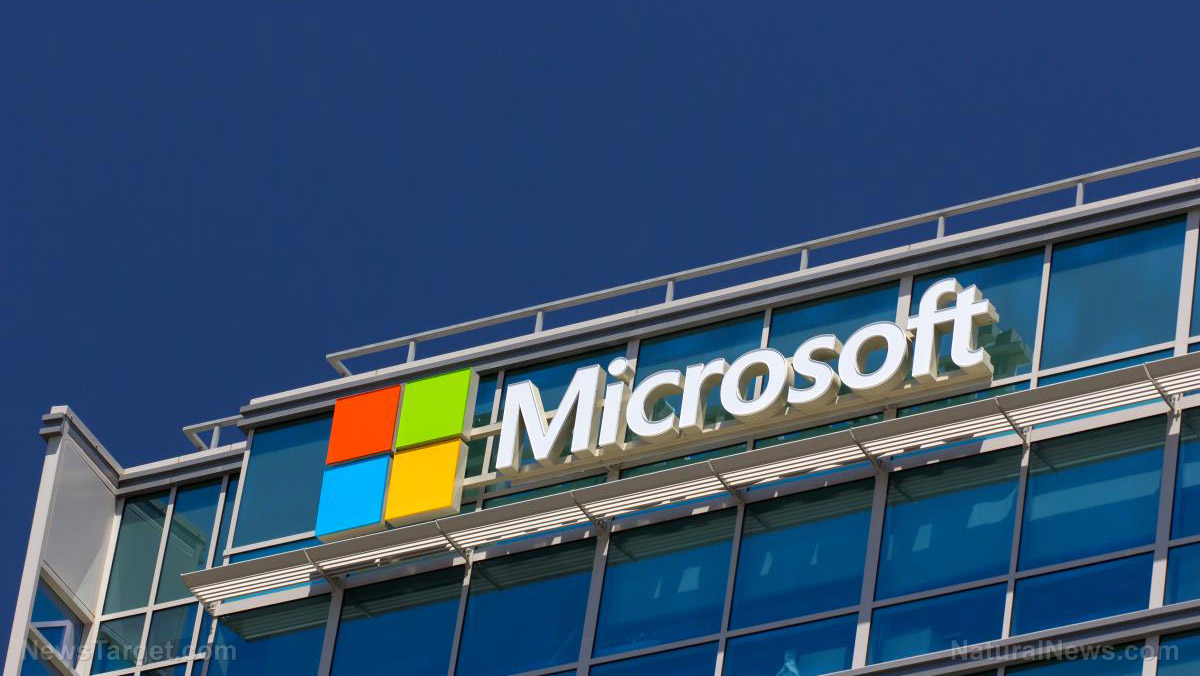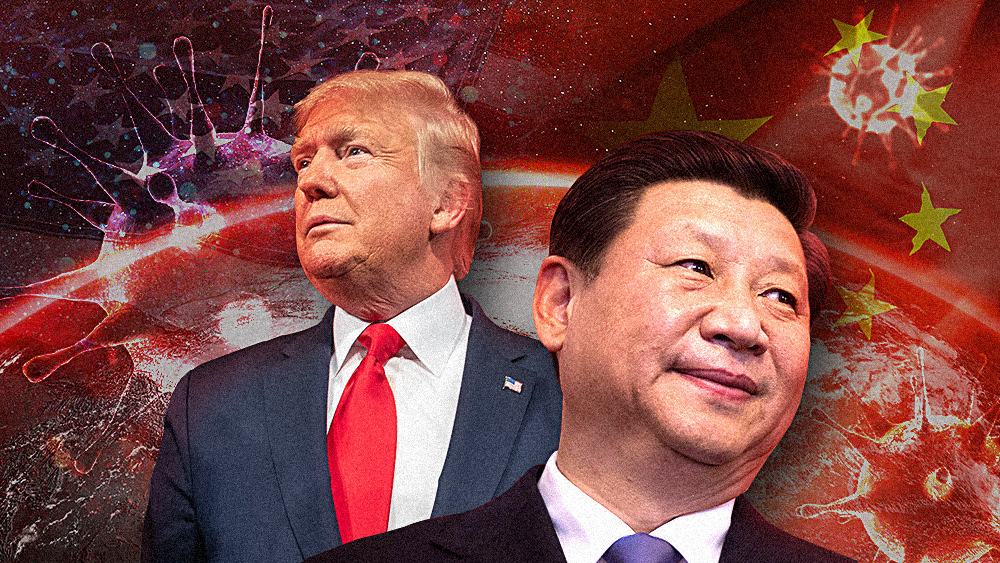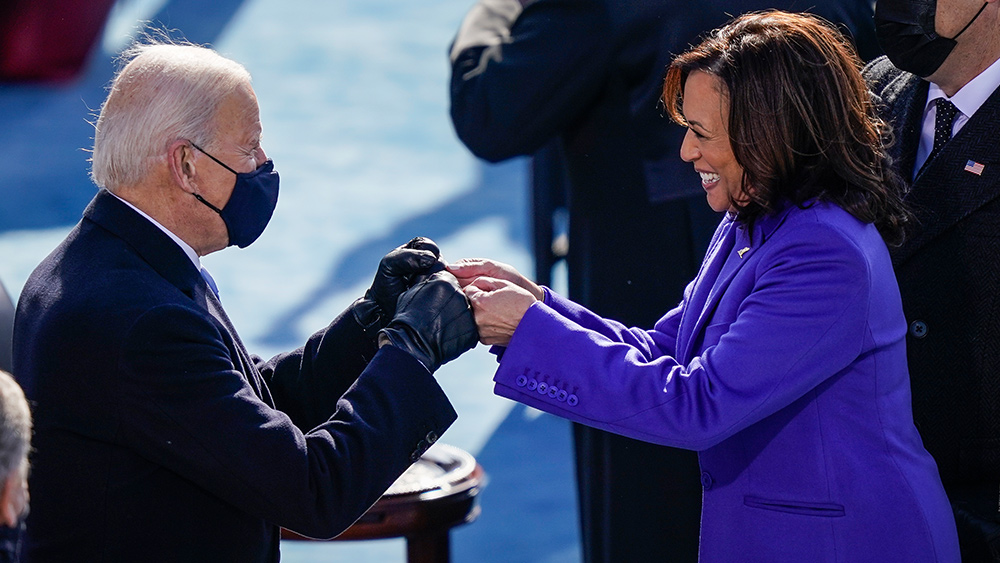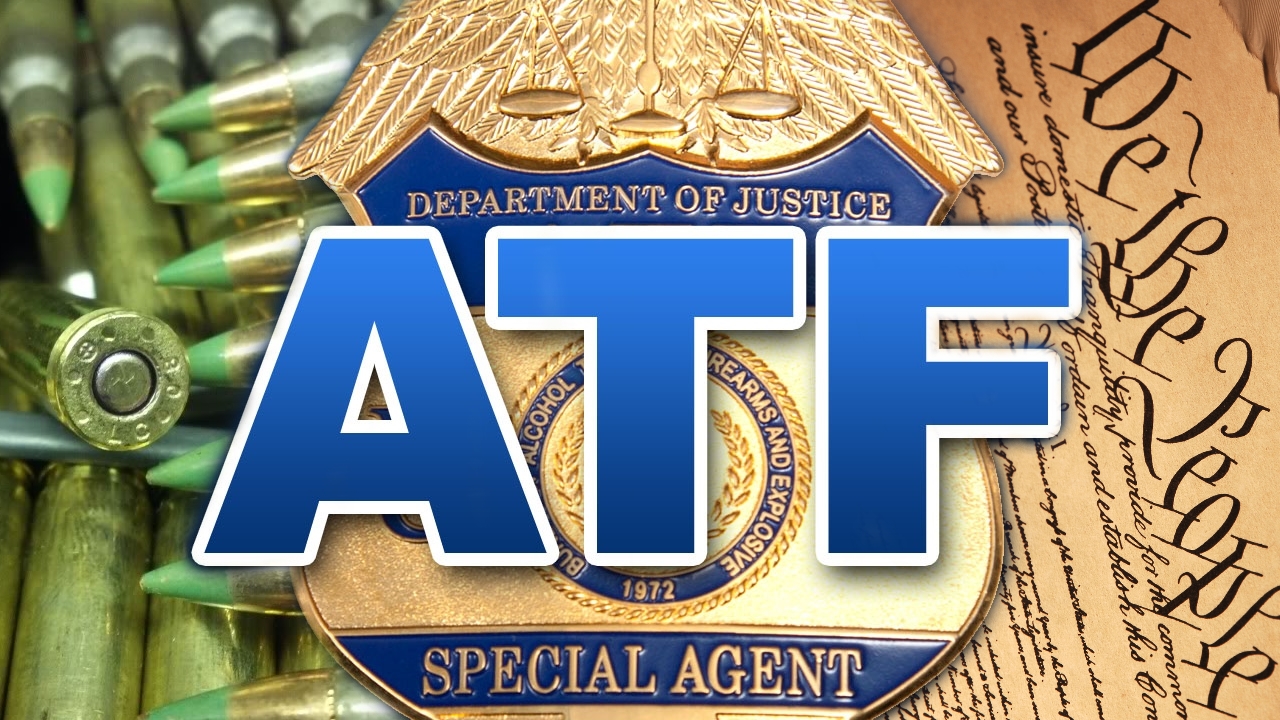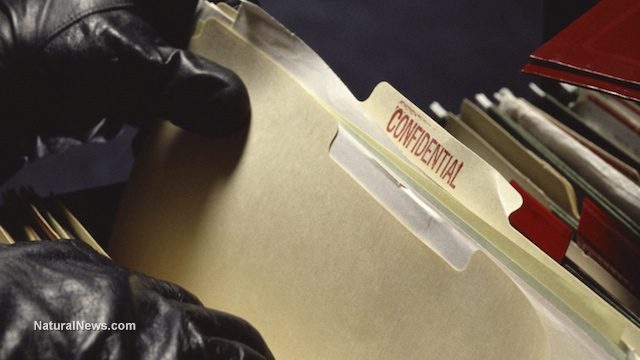Wuhan lab ordered U.S.-based partner to destroy evidence
05/02/2022 / By Ethan Huff

U.S. Right to Know (USRTK), a non-profit investigative research group focused on promoting transparency in public health, has dropped another bombshell about the relationship between the Wuhan Institute of Virology (WIV) and Galveston National Laboratory in Texas.
According to an April 20 report, the WIV had asked the Galveston lab, which is housed at the University of Texas Medical Branch, to destroy all records of work. The Galveston lab, by the way, was created in part by Tony Fauci at the National Institute of Allergy and Infectious Diseases (NIAID).
Based on a contract that was forged between the two entities, the WIV was given leeway to demand at any time that the Galveston lab destroy all evidence on demand – and it apparently did just that, according to unearthed documents.
A “memorandum of understanding” between the Wuhan lab and the Galveston lab clearly states that at any time the WIV can ask Galveston to “destroy” all “secret files,” including communications, documents, data, or equipment resulting from their collaboration.
“The party is entitled to ask the other to destroy and / or return the secret files, materials, and equipment without any backups,” the memo states.
The memo’s provisions last for five years and are soon to expire this upcoming October. All documents, it adds, are eligible for destruction because everything is “treated as confidential information by the parties.”
Government programs can’t just let communist China tell them what to do, says attorney
The directors of the Biosafety Level 4 (BSL-4) lab in Wuhan created this formal agreement with the Texas lab back in 2018. Keep in mind that these are just two among many facilities around the world that tamper with coronaviruses.
The Galveston lab operates with funding from the National Institutes of Health (NIH), which directly oversees the NIAID. We now know that the NIH was conducting biosafety training in partnership with the Wuhan lab, which operates under the banner of the Chinese Academy of Science.
“The revelation that the Wuhan lab retained the right to call for the destruction of data on U.S. servers funded by U.S. taxpayers comes amid a debate about what sort of investigation is necessary to exculpate the city’s coronavirus research from suspicions it sparked the COVID-19 pandemic,” reports 100percentfedup.com.
“It also raises questions about assurances from Wuhan Institute of Virology senior scientist [Shi Zhengli] that she would never delete sensitive data.”
According to Reuben Guttman, a partner at Guttman, Buschner & Brooks PLLC, which specializes in ensuring the integrity of government programs, the revelation does not make the Galveston lab look good.
“The clause is quite frankly explosive,” Guttman is quoted as saying. “Any time I see a public entity, I would be very concerned about destroying records.”
“You can’t just willy-nilly say, ‘well, you know, the Chinese can tell us when to destroy a document.’ It doesn’t work like that,” he added. “There has to be a whole protocol.”
Even private entities are expected to maintain internal records retention and destruction policies. And this is especially true for public institutions like the Galveston lab that have a responsibility and obligation to do this in the public interest to ensure that taxpayer dollars are being properly spent.
“These laws include the federal False Claims Act and the Texas Public Information Act,” reports explain about the legal requirements to maintain proper records. “The Galveston National Laboratory is part of the University of Texas System and receives federal funding.”
Another thing the memo potentially interferes with is the ability of Congress to investigate the plandemic. Destroying records constitutions obstruction, so this is another major problem.
The latest news coverage about the Wuhan coronavirus (Covid-19) plandemic can be found at Pandemic.news.
Sources for this article include:
Submit a correction >>
Tagged Under:
biological weapons, bioterrorism, bioweapons, conspiracy, coronavirus, Cover-Up, COVID, crimes against humanity, destroy evidence, Galveston National Laboratory, pandemic, Plandemic, virus, Wuhan, Wuhan Institute of Virology
This article may contain statements that reflect the opinion of the author
RECENT NEWS & ARTICLES
COPYRIGHT © 2017 RULEBYSECRECY.COM
All content posted on this site is protected under Free Speech. RuleBySecrecy.com is not responsible for content written by contributing authors. The information on this site is provided for educational and entertainment purposes only. It is not intended as a substitute for professional advice of any kind. RuleBySecrecy.com assumes no responsibility for the use or misuse of this material. All trademarks, registered trademarks and service marks mentioned on this site are the property of their respective owners.


